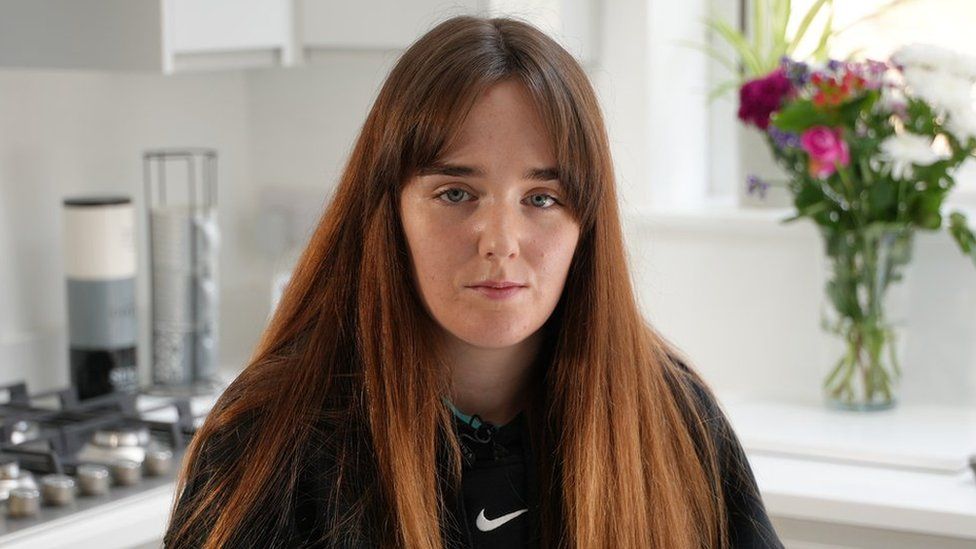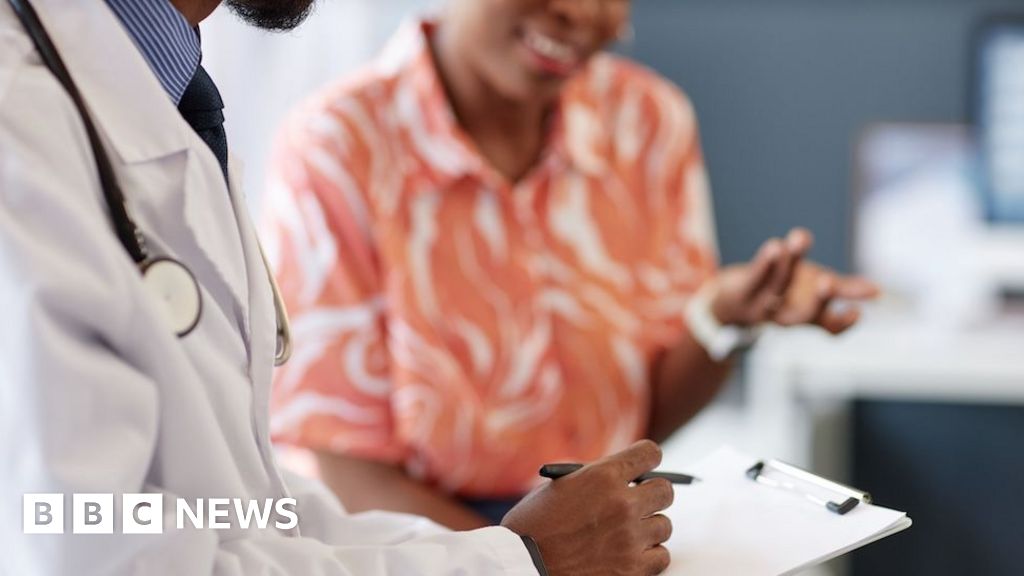ARTICLE AD BOX
 Image source, Katie Jackson
Image source, Katie Jackson
Katie Jackson said at-home smear tests would make people feel more comfortable doing them
At-home smear tests should be introduced in Wales, campaigners say.
For women aged 25 to 64 a smear test is an effective way of detecting human papillomavirus (HPV) and preventing cervical cancer.
Love Your Period campaigners said self-sampling at home would encourage more people to have the tests.
The Welsh government said it followed advice from the UK National Screening Committee (UKNSC), which is yet to make a recommendation on self-sampling.
However, it said Public Health Wales (PHW) was considering how the tests could be implemented in Wales.
Currently, women in Wales are invited for a screening to check for the presence of high-risk HPV every five years.
Katie Jackson is a teacher from Wrexham who lives with endometriosis and polycystic ovary syndrome (PCOS).
The 25-year-old uses platforms such as TikTok and Instagram to start conversations about women's health.
"I've always worried about having my smear test," she said.
"I've heard people saying how because of the trauma they've gone through, they just don't want to go for their smear test because they've got so much fear."
Image source, Katie Jackson
Image caption,Katie Jackson said she always worries about smear tests
Katie said she "cried in her car for about half an hour" after having her first smear "because the pain was so bad".
Therefore, she said being able to self-sample and recover afterwards "in the comfort of your own home" would make her "feel a lot more comfortable".
The primary school teacher said she was confident the ability to self-sample "would save lives".
Love Your Period campaigners Molly Fenton and Jess Moultrie, hope self-sampling could increase the number of people being tested.
"HPV testing itself can be lifesaving, picking up cervical cancer. We just want to make that available to more people," said Molly.
Image source, Molly Fenton
Image caption,Molly Fenton stressed the importance of smear tests
She said the campaign team has heard from many within the LGBTQ+ community, particularly from those who have cervixes but do not identify as women.
She said many feel they cannot attend their appointments because of stigma.
Jess said tests should be made available to those who have experienced trauma and find the process of in-hospital smears triggering.
"Being able to do it at home gives you that power, you can be a little bit more relaxed, it's not as intimidating," she said.
According to Public Health Wales data, cervical cancer is the most common cancer in women under the age of 35, with regular screening helping to reduce the risk of getting cervical cancer by 70%.
Image source, Jess Moultrie
Image caption,Jess Moultrie says at home tests give you power
Dr Helen Munro, a consultant in sexual and reproductive healthcare who has been looking into self-sampling HPV tests, said the development was "an opportunity".
"The key thing is that women have choice," said Dr Munro.
She said any development on the NHS "has to be equitable", adding if self-sampling was introduced, it should be alongside traditional in-hospital smear tests, as opposed to replacing them completely.
Prof Peter Sasieni is the Academic Director of King College London's Clinical Trials Unit and is heavily involved in the research around cervical screening.
He said there were concerns changing screening could see "things going bad".
However, he said it was "extremely likely" self-sampling would be on offer in the future for people who have fallen behind on their sampling.
"A lot of changes are happening at the same time and it's a question of what gets prioritized and how careful people want to be because the last thing you want to do is to is to make things get less good," he said.
The Welsh government said: "We follow expert advice from the UKNSC which is yet to make a recommendation on self-sampling for cervical screening but PHW is considering how this could be implemented in Wales.
"If recommended by the UKNSC, it is hoped that self-sampling would enable those who currently have difficulty accessing cervical screening to take part in the screening programme."

 1 year ago
32
1 year ago
32








 English (US) ·
English (US) ·